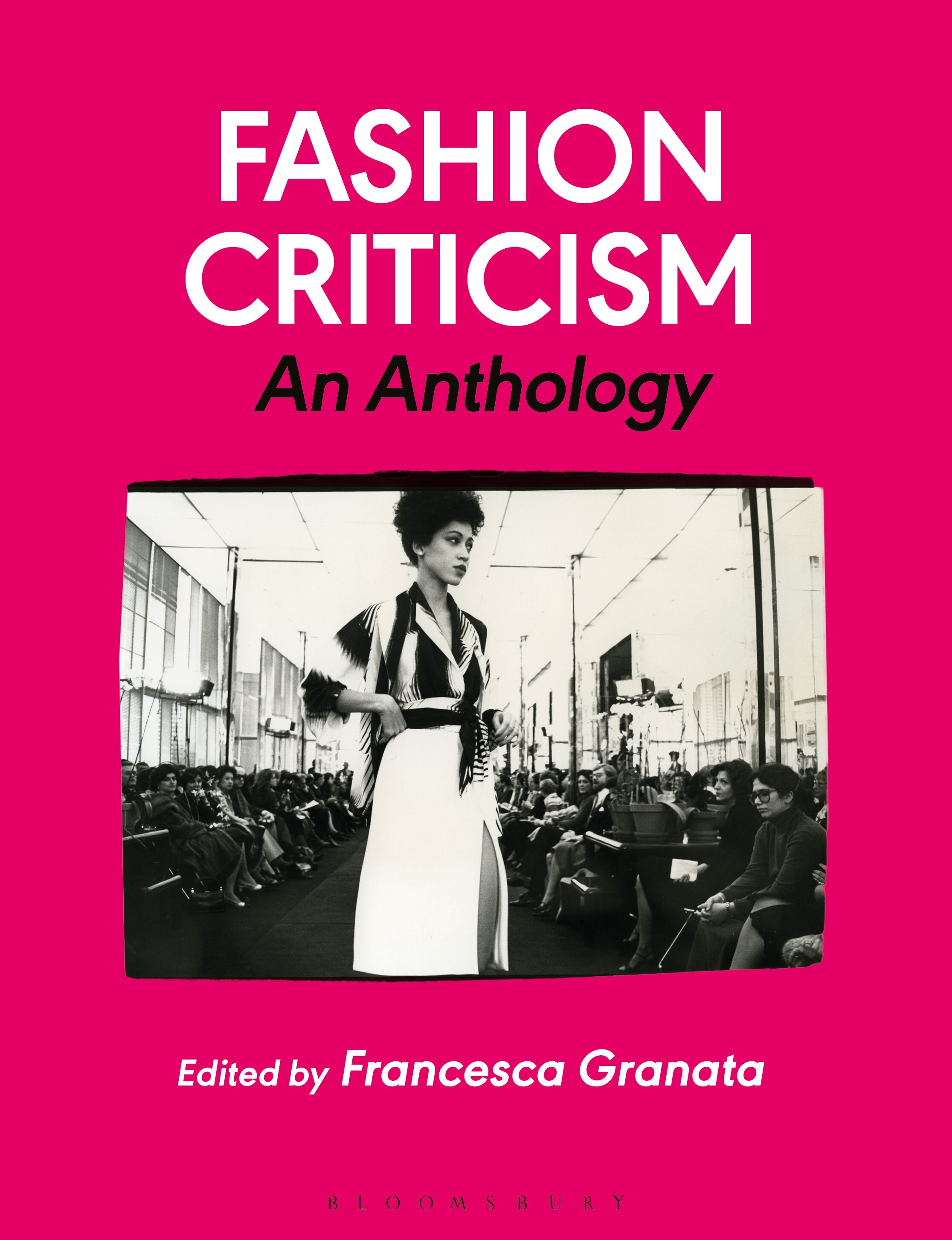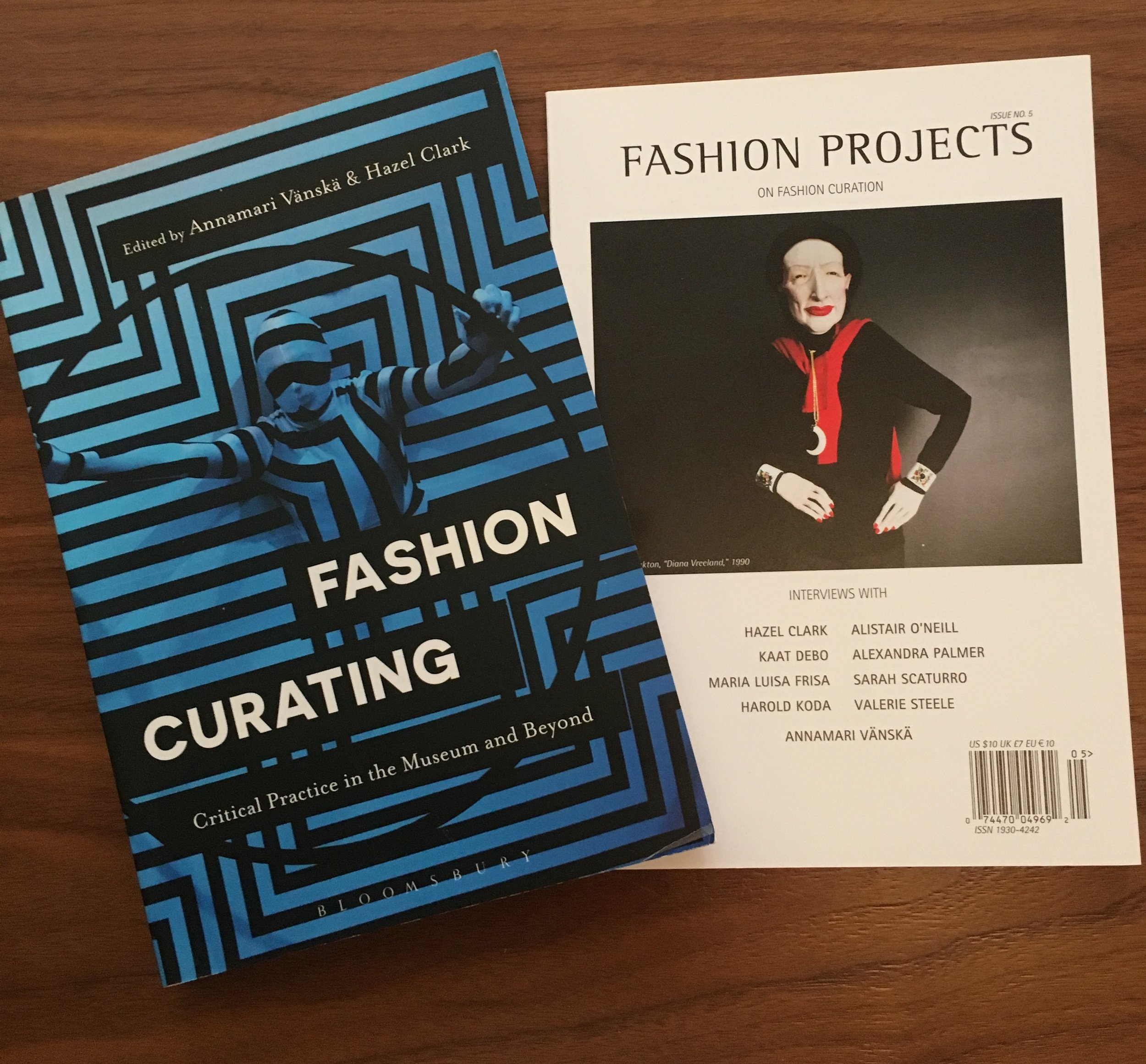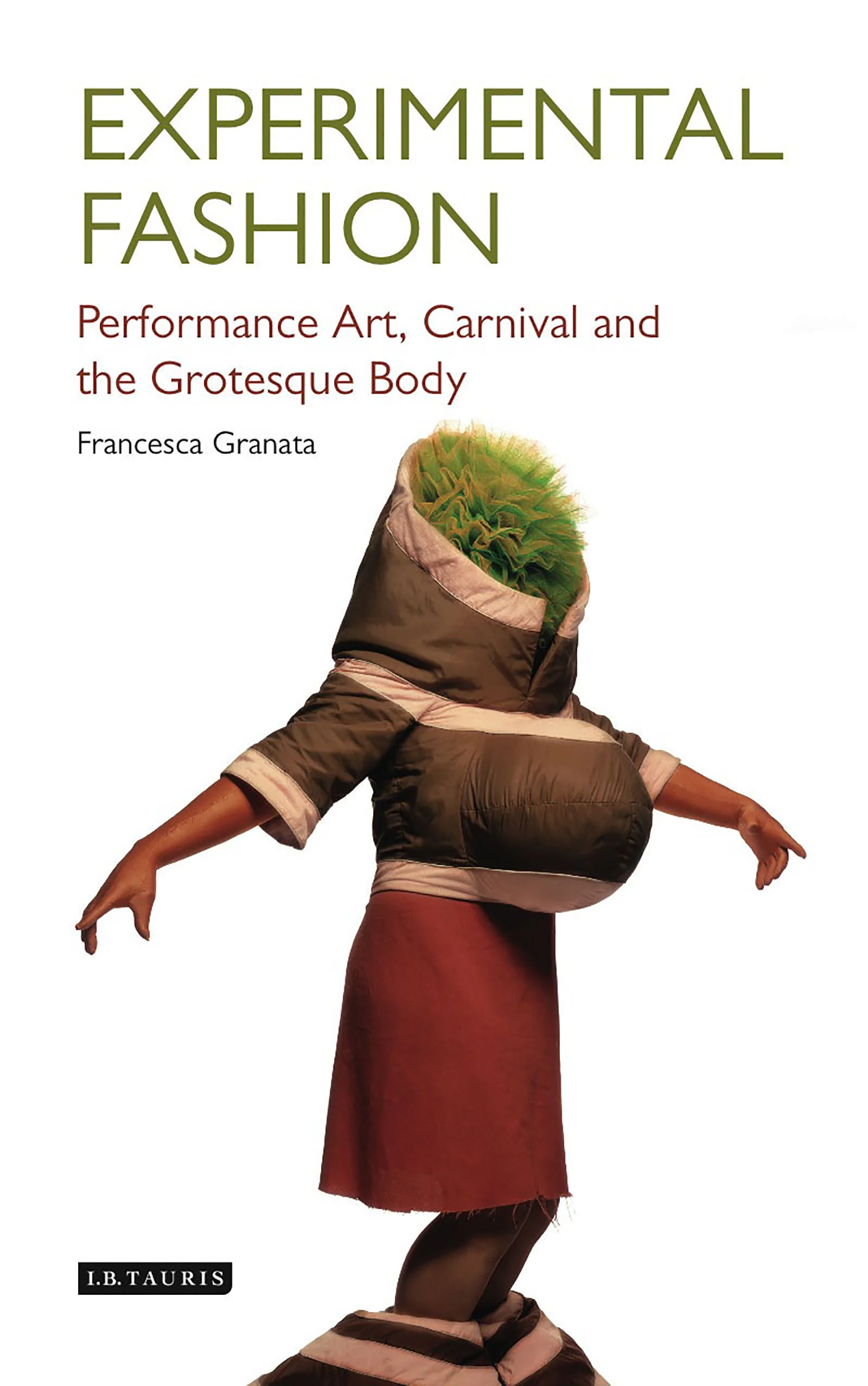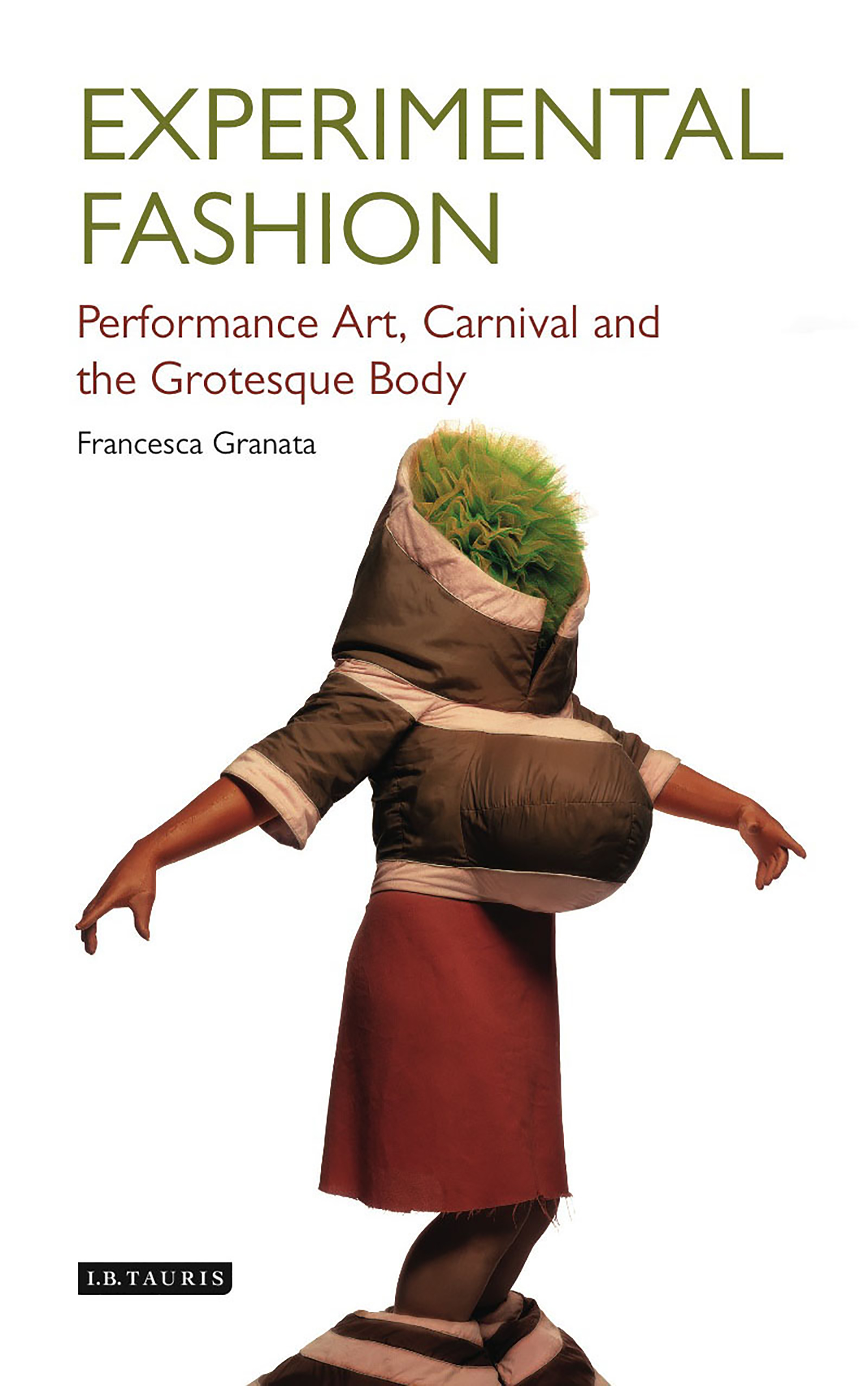Fashion Criticism: An Anthology
/I'm thrilled to announce the publication of the new book I edited, Fashion Criticism: An Anthology , due from Bloomsbury on February 25. The book anthologizes the wealth of writing on fashion from the late 1800s (it begins with an Oscar Wilde piece) through today. I'm particularly excited with the writers whose work we were able to include, among them today's great fashion critics (Robin Givhan, Judith Thurman, Guy Trebay, Vanessa Friedman, Lynn Yaeger, Suzy Menkes, etc), writers not always associated with fashion (Judith Thurman, Hilton Als, Angela Carter, Bebe Moore Campbell) and some wonderful surprises (including Susan Sontag and Eve Babitz, both originally writing for Vogue).
I will be in conversation with the New Yorker critic and writer Judith Thurman for the book launch on Wednesday, February 24th hosted (virtually) at 7pm EST by McNally Jackson.
The event is free and open to the public, but attendees must register in advance on the McNally Jackson website
This book started a while back (too long to mention!) after we dedicated the third issue of Fashion Projects to fashion criticism. I realized how overlooked the field still remained despite the wealth of writings on fashion in a range of publications. As Robin Givhan of The Washington Post—the only critic to win a Pulitzer prize for fashion criticism— succinctly put it, fashion criticism is “a victim of terrible sexism,” which comes from “both men and women.”












